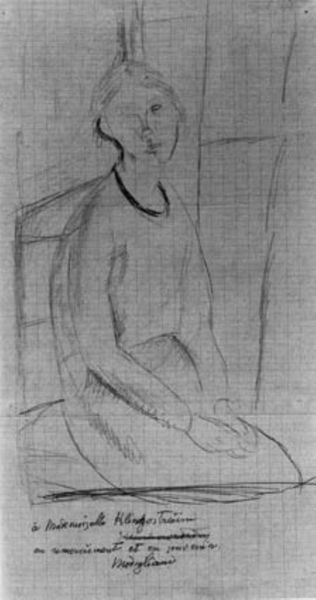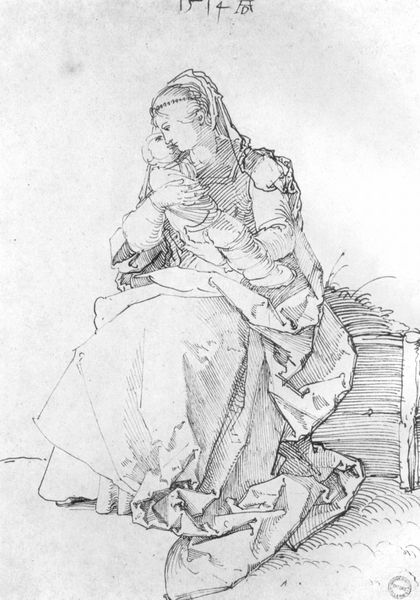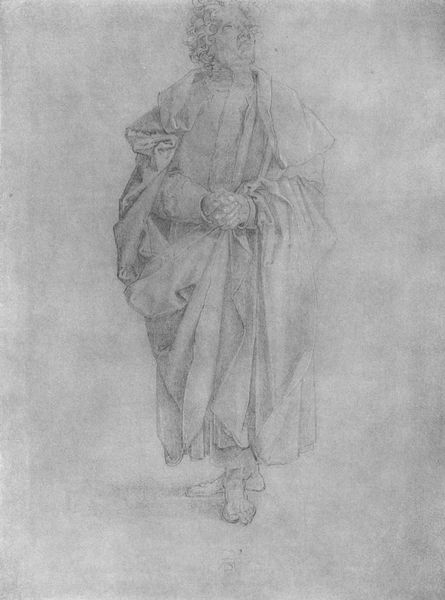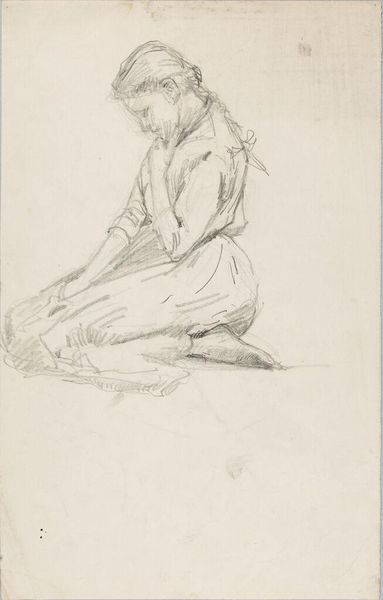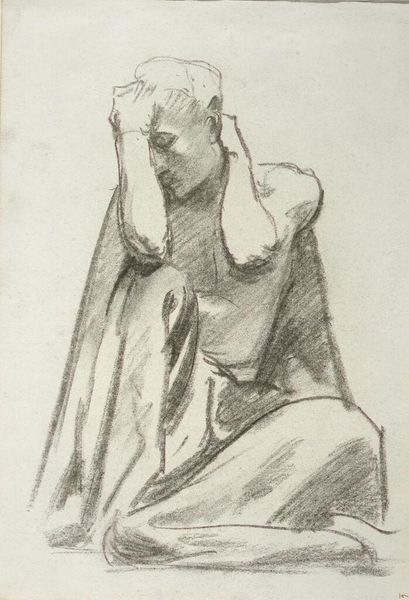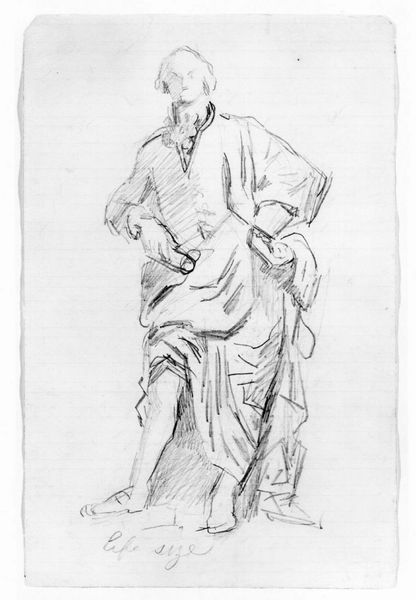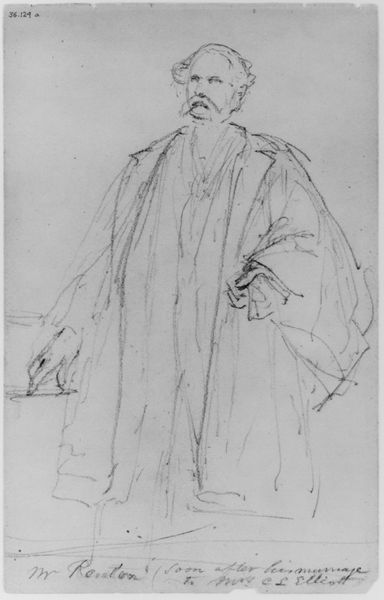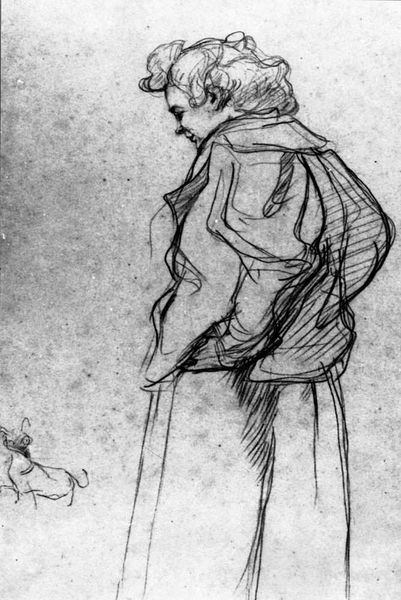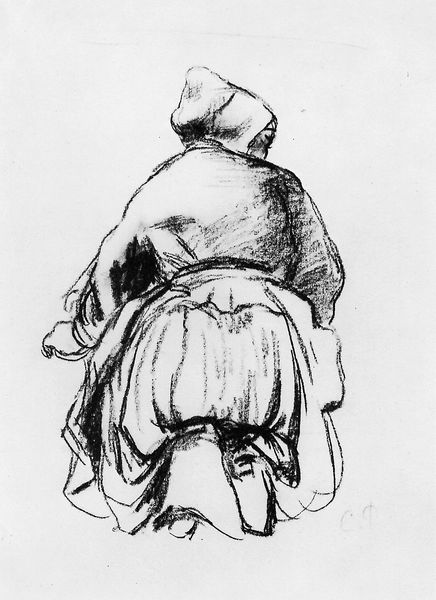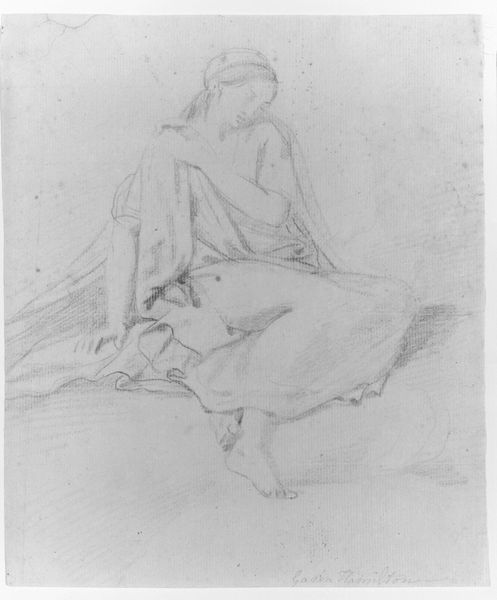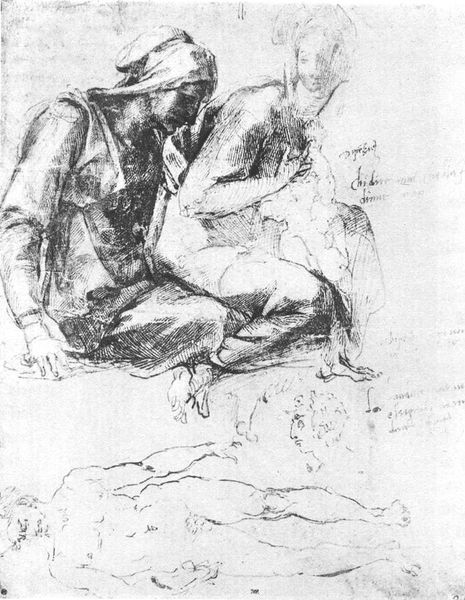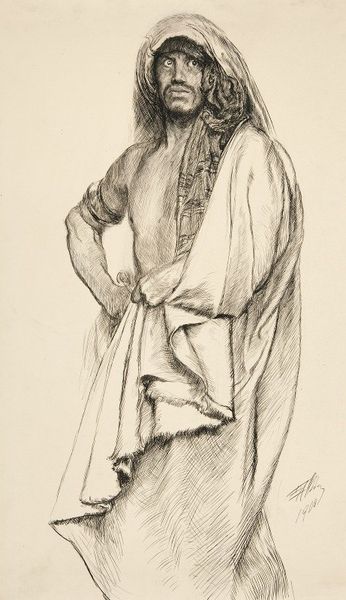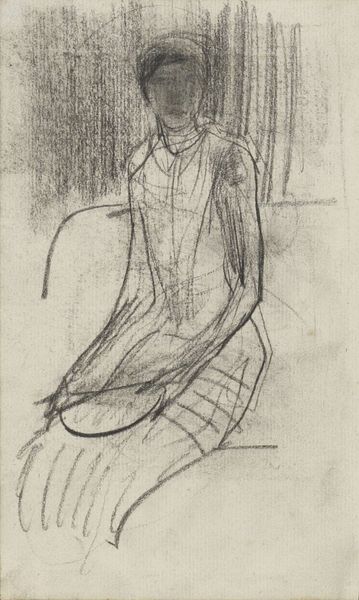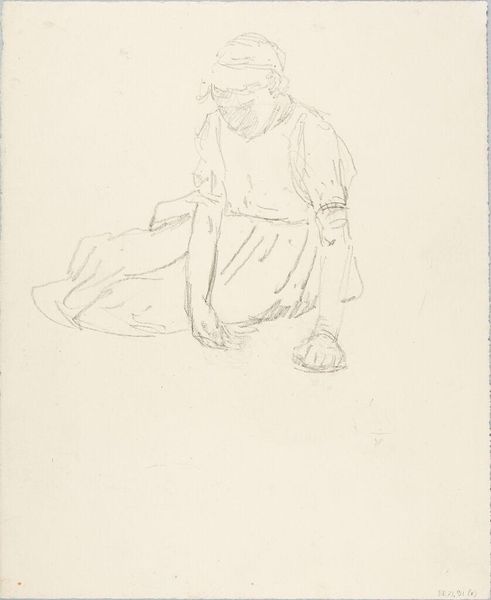
drawing, pencil
#
portrait
#
drawing
#
pencil sketch
#
charcoal drawing
#
11_renaissance
#
pencil
#
portrait drawing
#
northern-renaissance
Copyright: Public domain
Editor: Here we have Albrecht Dürer’s 1514 drawing, "Endres Dürer, brother of the painter, in profile," rendered in pencil. There's a remarkable intimacy in the cross-hatching, a sense of quiet observation. What strikes you about this piece? Curator: This drawing offers more than just a portrait; it’s a glimpse into the familial dynamics and social hierarchies of the time. Dürer's choice to depict his brother invites us to consider issues of kinship, labour, and social mobility within Renaissance society. Look at the precise detail, but also the subject’s gaze, directed away, perhaps reflective, perhaps burdened? What does that tell you? Editor: It suggests a certain distance, a life perhaps less celebrated than Albrecht's. Do you think that was intentional? Curator: I believe so. Dürer was acutely aware of social roles and how they shaped individual experience. In a world increasingly defined by individual achievement, what did it mean to depict a sibling whose life perhaps represented a more traditional, less upwardly mobile path? It makes you question the very definition of success back then and even now. Editor: So the artwork becomes a subtle commentary on the changing social landscape. Curator: Precisely. The Renaissance wasn't just about artistic innovation, it also signaled seismic shifts in societal values. How are the tensions portrayed here relatable today? Editor: I hadn’t considered the work in those terms. Seeing it as a dialogue between brothers and their places in society is fascinating. Curator: Exactly! By situating the artwork within broader historical and social contexts, we begin to realize that art has the ability to give us perspective and help reflect about our world.
Comments
No comments
Be the first to comment and join the conversation on the ultimate creative platform.
